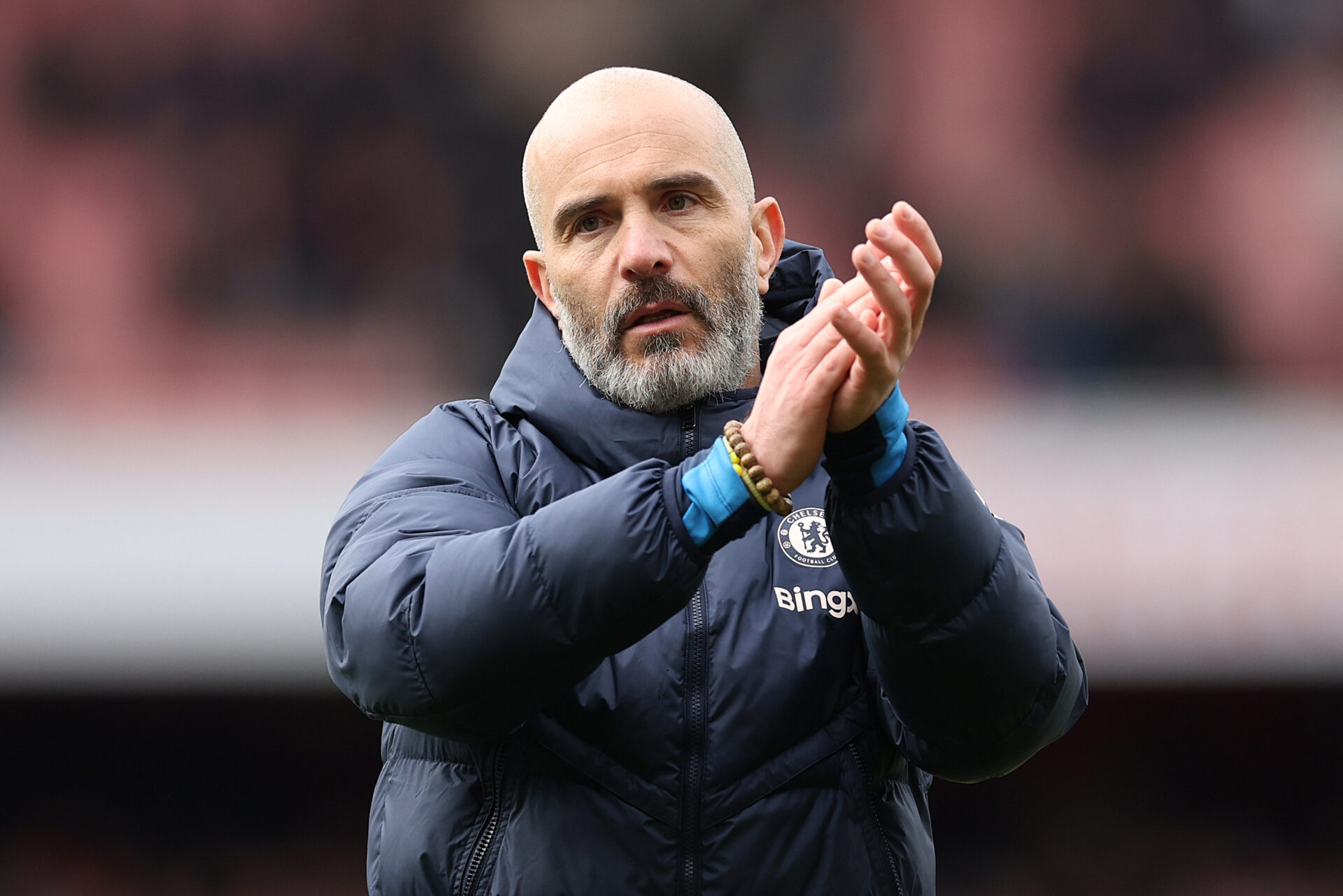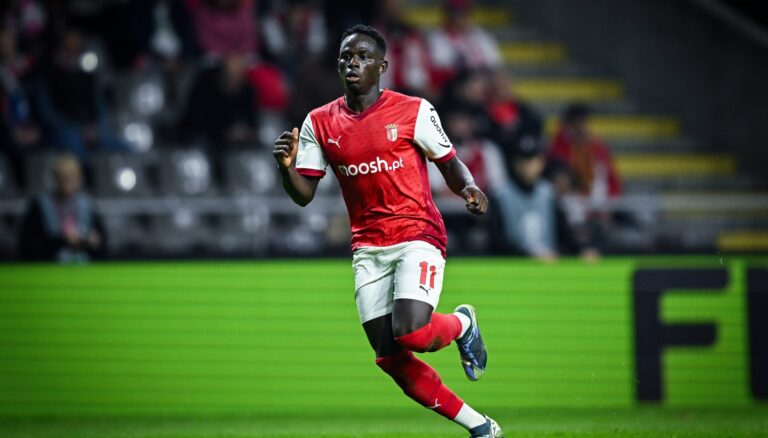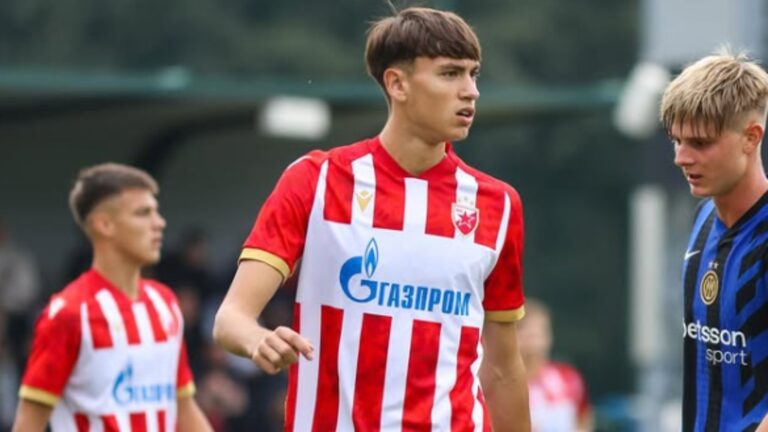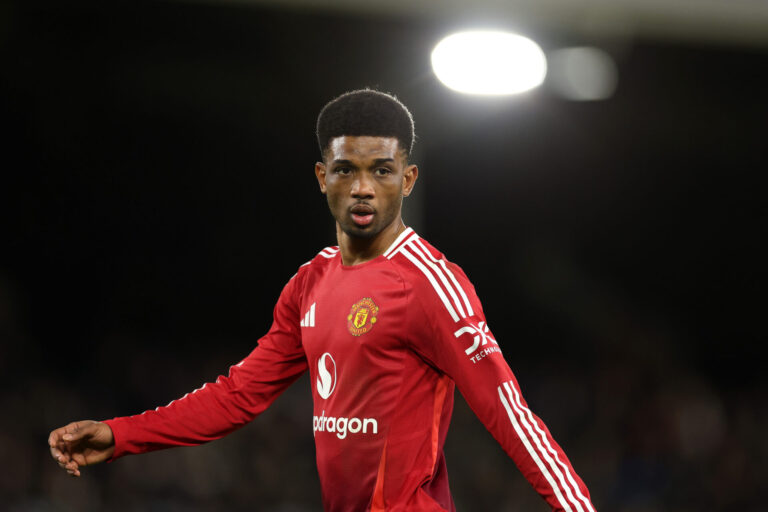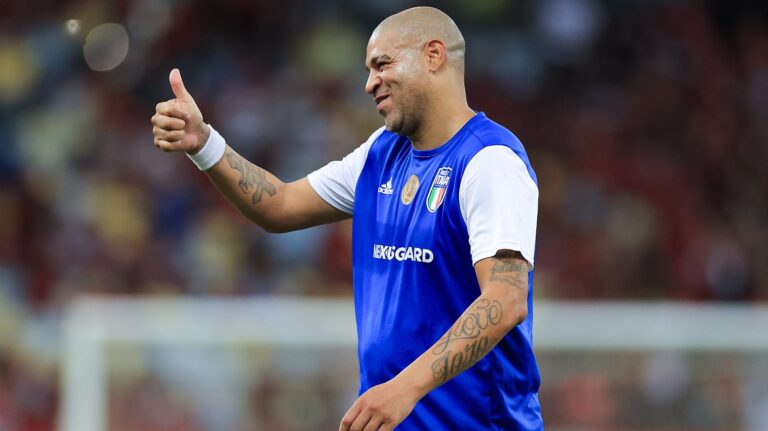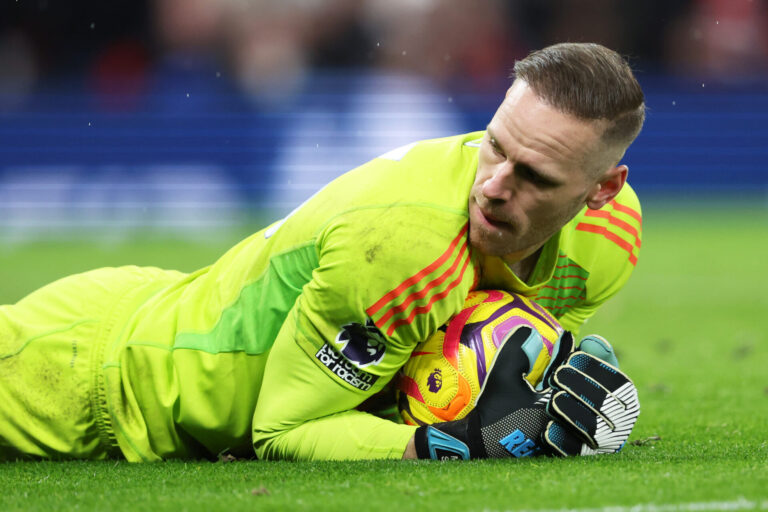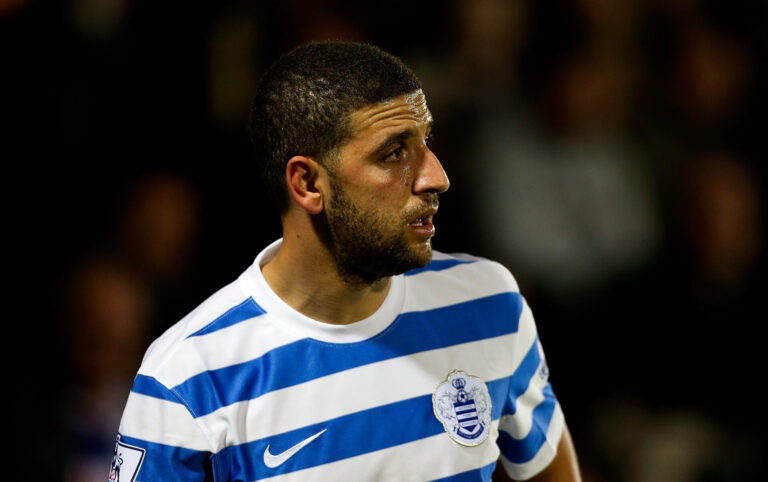Is Enzo Maresca REALLY the Right Man for Chelsea?
Enzo Maresca’s tenure at Chelsea has sparked heated debate among fans, dividing opinions into two distinct camps. While some see potential for growth and advocate for patience, others question his tactical acumen and squad management, raising the critical question:
Is Enzo Maresca the right man for the job?
Defining “The Right Man”
The answer to whether Maresca is the right man for Chelsea hinges on how one defines “the right man.” Is it the manager who delivers trophies consistently? The one who stabilizes the project until a proven winner takes over? Or is it the coach who evolves alongside the team, learning and adapting as the project unfolds? The Clearlake ownership appears to lean toward the latter, prioritizing long-term development over immediate success. However, many fans, accustomed to Chelsea’s “win now, win always” ethos under Roman Abramovich, are less forgiving.
This impatience is understandable. Chelsea’s identity has been built on instant success, and Abramovich’s ruthless approach set a high bar. If even Carlo Ancelotti—a two-time Champions League winner—was shown the door despite delivering a Premier League title, why should fans wait for Maresca to prove himself? To many, this shift in approach signals a lowering of standards and an acceptance of mediocrity.
But according to the Italian, the club is set to dominate for the next five to ten years with the new approach from Boehly.
A Broader Perspective
The truth is, Chelsea’s current struggles were inevitable. The club was bound to face a transitional phase, regardless of Abramovich’s departure. Football has moved on from the era of quick-fix projects built on star-studded squads and immediate glory. You can’t just splash the cash to cover deep wounds with a tape: clubs like Paris Saint-Germain and Manchester United have learned this the hard way. Chelsea’s model, once revolutionary under Abramovich, is no longer unique in an era dominated by sovereign wealth funds and private equity ownership.
Moreover, Chelsea’s commercial power pales in comparison to historic giants like Manchester United, Real Madrid and Barcelona. Financial regulations such as FFP and PSR have further complicated matters, making it harder to sustain the kind of spending that once defined the club.
Pre-Existing Issues
The truth is that Chelsea’s problems predate Maresca and Clearlake. The club’s struggles against low-block defenses, for instance, have been a recurring theme since the days of Maurizio Sarri, Frank Lampard, and even Thomas Tuchel during his second season. The root cause? A lack of personnel and, crucially, a lack of—whisper it quietly—time afforded to managers to implement their ideas.
Since the departure of Eden Hazard—and to a lesser extent, Willian and Pedro—Chelsea has lacked direct, dynamic wingers capable of taking on defenders and creating chances out of nothing. Similarly, the club has not had a striker capable of bullying defenders and finishing half-chances since Diego Costa’s acrimonious exit.
Assessing Enzo Maresca’s Tenure
Is Chelsea playing well at the moment? No. But does this justify sacking Maresca at the end of the season? In our view, barring catastrophic failures (such as losing the UEFA Europa Conference League or a dramatic collapse in the final 10 games), such a move would be premature.
While Maresca’s playstyle may not be universally popular, it’s worth noting that until December, Chelsea was playing some of the most entertaining football in the league. Don’t ask me; ask the fans who celebrated “getting their Chelsea back” after the Brentford match. However, as teams adapted to Chelsea’s style, Maresca’s ability to innovate and adjust was tested—a challenge compounded by injuries to key players.
The absence of three key attackers has undeniably hurt Chelsea’s form. While each player was in a goalscoring slump of his own prior to their injuries, their tactical importance cannot be overstated. Their chemistry, movement, and ability to break down low blocks were crucial to Chelsea’s attacking system. Nicolas Jackson’s absence, in particular, coincided with some of Chelsea’s worst performances this season. His ability to stretch defenses and link play, especially with Cole Palmer, has been sorely missed.
Critics have also pointed to Maresca’s squad management, citing João Félix and Renato Veiga’s loan requests as evidence of dissatisfaction. Maresca’s persistence with Robert Sánchez is a sackable offense by itself.
Félix’s loan spell and underwhelming performances at AC Milan did not quell the doubts that regular game time alone may not have been the solution. Meanwhile, Marc Cucurella’s resurgence has made it difficult for Veiga to break into the side.
Systemic Challenges
Maresca’s system, like any other, has its limitations. Not every player will thrive under it, as seen with Malo Gusto and Christopher Nkunku. However, this is not unique to Chelsea. Even Pep Guardiola challenged Sergio Agüero to adapt or face the bench. You can argue that Guardiola proved himself everywhere he went.
He did not do that by succumbing to fan pressure, though, but by sticking to his ideals through thick and thin. After all, this is a guy that shipped Ronaldinho out of Barcelona in his first season of first-team coaching.
Structural Issues Beyond Maresca
The reality of the situation is that the deeper issues at Chelsea extend far beyond Maresca’s control. I believe Chelsea fans are aware of that and keep asking the same questions: How can a club that has spent $1.2 billion still have glaring holes in key positions like goalkeeper, striker, and central defense? Why does the squad have only three senior midfielders? And who thought replacing Conor Gallagher with Kiernan Dewsbury-Hall was a viable solution?
Some of these problems may be addressed next season. Andrey Santos and Djordje Petrović are expected to return from successful loan spells to solve the midfield and goalkeeper situation, while Dário Essugo, Kendry Páez, and Estevão Willian join the ranks to add much-needed depth and creativity from central and wide positions. With the addition of a winger, striker, and defender, Chelsea could be well-positioned to challenge for the title.
The Road Ahead
For now, Chelsea fans must now remember that the situation is not as bleak as it may be. They still control their fate to reach the Champions League and are in the quarterfinals of the UEFA Europa Conference League. They seem on course to achieve their targets for this season.
The focus must now be on recovering their injured players. The return of Roméo Lavia against Arsenal was a positive sign, and Maresca has confirmed that Palmer, Noni Madueke, and Jackson should be back after the international break. Their availability could be the key to salvaging Chelsea’s Champions League aspirations this season.
However, the onus is now on Maresca to prove that the mid-season slump was solely due to these absences. A strong run of form could win back the fans’ trust, but continued struggles will only fuel the growing discontent.
The coming weeks will be pivotal in determining whether Maresca is the right man to lead Chelsea into a new era and bring their Chelsea back—or whether the club must once again search for answers, regardless of any briefs to the media that may suggest otherwise.


